Articles by 이다영

이다영
-
South Korea's Gender Ministry blasted for denying LGBTI rights
A group of South Korean LGBTI and human rights activists on Wednesday protested against the Gender Ministry’s recent order directing the Daejeon Metropolitan City to scrap articles that guarantee LGBTI rights in the city’s newly revised charter of gender equality, demanding an official apology and recognition of LGBTI rights as part of women’s rights. The activists said they are bringing the particular issue to the U.N. Women, during a scheduled meeting with the organization’s policy director D
Social Affairs Oct. 7, 2015
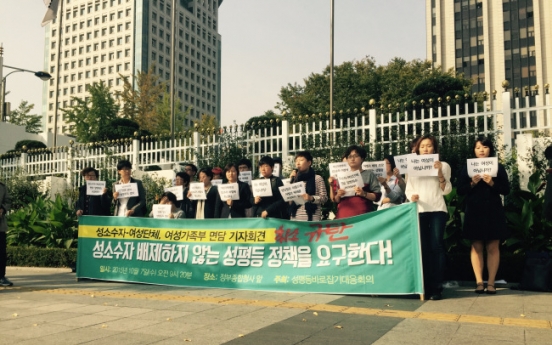
-
Job seekers to get increased benefits, but few will qualify
South Korean job seekers will receive higher unemployment benefits for a longer period, but fewer will qualify for the benefits after the National Assembly passes a newly revised labor law. According to the Labor Ministry’s latest report on the bill, the government aims to raise a job seeker’s unemployment allowance to 60 percent of his or her previous income before losing the job, from the current 50 percent. Once qualified, the job seeker would be able to receive the allowance for 120 to 270 d
Social Affairs Oct. 6, 2015
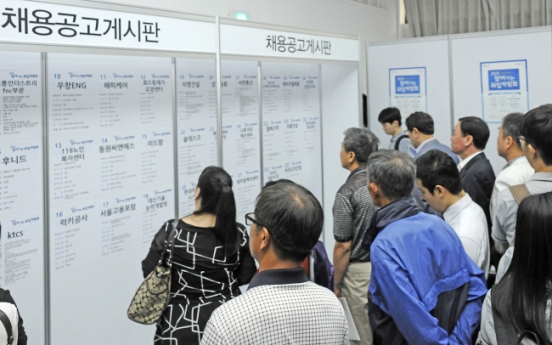
-
More Korean women in 30s suffer sleep disorders
The number of South Korean women in their 30s who sought medical help for sleep disorders -- such as insomnia and restless legs syndrome -- increased significantly from 2012-2014, partly because of poor work and life balance, government data showed Monday. According to data, the number of female sleep disorder patients rose from 24,536 in 2012 to 28,930 in 2014, with the highest average annual increase rate among all gender and age groups at 10.4 percent. The number of all Korean sleep disorder
Social Affairs Oct. 5, 2015

-
Cabs to get incentives for Gangnam Friday night rides in Seoul
Cab drivers who accept passengers near Seoul’s busy Gangnam subway station on Friday nights will be given incentives worth 3,000 won per ride starting later this month, according to the Seoul Metropolitan Government. The move was announced to tackle the chronic shortage of cabs at night with taxi drivers choosing and picking long-distance passengers especially during the peak hours of weekend nights near popular nightlife areas such as Gangnam in southern Seoul and Hongdae in the western capital
Social Affairs Oct. 2, 2015
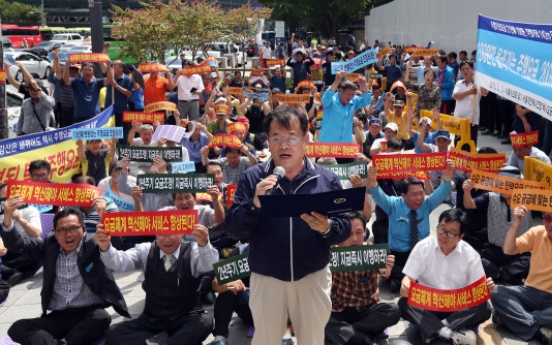
-
Former South Korean PM attends trial for over bribery
South Korea’s former Prime Minister Lee Wan-koo on Friday made his first public appearance in 140 days since his resignation amid bribery allegations in April, to attend a trial for graft charges at the Seoul Central District Court in southern Seoul. Lee had been accused of accepting illegal campaign funds worth 30 million won ($28,000) from the late businessman Sung Woan-jong for the 2013 by-elections, on April 4 that year, at his campaign office in Buyeo, South Chungcheong Province. He was in
Social Affairs Oct. 2, 2015
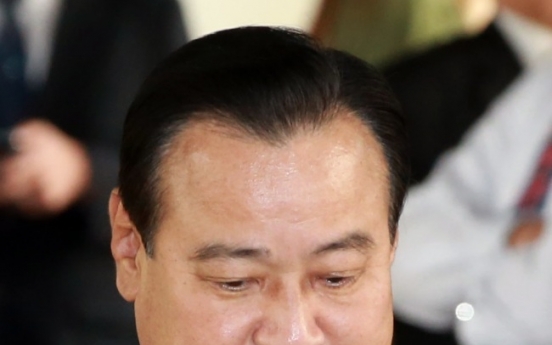
-
[WEEKENDER] Interpretation beyond words to serve and protect
While translation of different languages is one of the most commonly known forms of interpretation, there are other unique types of interpretation that serve to protect the people or connect societies that otherwise remain poles apart. They range from sign language translators who act as the gateway to the outside world for the deaf, to soldiers missioned with a crucial role to deliver military information in the world’s last-remaining divided country. In Korea, there are about 1,200 sign langua
Social Affairs Oct. 2, 2015
![[WEEKENDER] Interpretation beyond words to serve and protect](//res.heraldm.com/phpwas/restmb_idxmake.php?idx=649&simg=/content/image/2015/10/02/20151002001357_0.jpg&u=20151002175217)
-
Crime rate surges among the elderly in South Korea
The number of crime cases committed by the elderly has increased significantly from 2010 to 2014 in South Korea, while the general crime rate in the country dropped in the same period, according to figures released by the police here. The figures showed that crimes committed by Koreans aged 61 or older increased by 35 percent from 2010 to last year, from 111,453 to 150,902. But the total number of crime cases in the country dropped by 5.6 percent, from 1,814,386 to 1,712.435. As of last year, th
Social Affairs Oct. 1, 2015
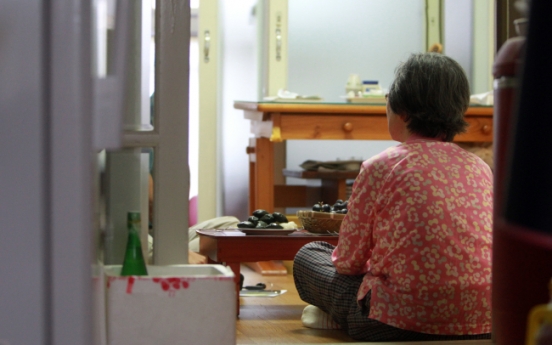
-
Sexism still prevalent in Korean media industry
Sexism is still prevalent in both TV and print journalism in South Korea, according to a number of studies released by a local think tank. According to the studies, which monitored a total of nine TV channels and their daily news shows from Aug. 1-8, male hosts were four times more likely to open the shows by delivering the first news segment of the programs compared to their female counterparts. Also, male anchors in general were significantly older -- on average by 10 to 20 years -- than fem
Social Affairs Sept. 29, 2015
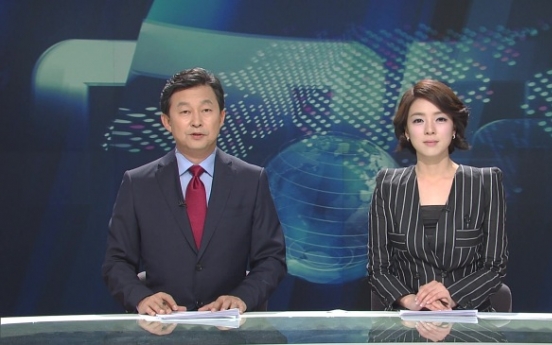
-
Debate brews over decriminalization of sex trade
Jang Se-hee was just 23-years-old when she started working as a sex worker. Her father had just passed away after being hospitalized for seven years. “The medical bills were just enormous,” the 40-year-old said. “My siblings were too young, and my father had divorced my mother. I was the de-facto breadwinner of the family.” Jang was one of some 1,000 South Korean sex workers who gathered in central Seoul on Wednesday asking for the abolishment of the controversial anti-prostitution law, which ha
Social Affairs Sept. 24, 2015
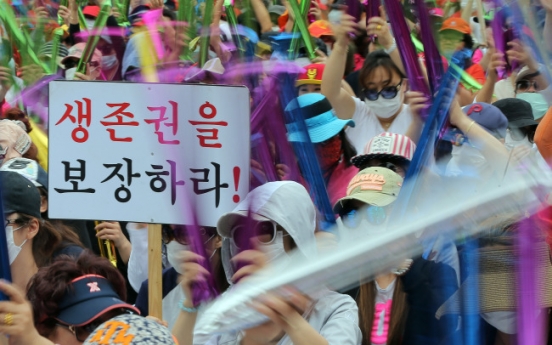
-
Why elderly women are more vulnerable to colorectal cancer
Women in or post-menopause are the most vulnerable to colorectal cancer among the Korean population, while the number of female patients who develop the disease is on rise nationwide, a hospital report showed. According to the report released by the Ewha Womans University Mokdong Hospital, colorectal cancer was the most common cancer among Korean women aged 65 or older this year. For women in all age groups, it was the third most common cancer, following breast and thyroid cancer. According to
Social Affairs Sept. 24, 2015
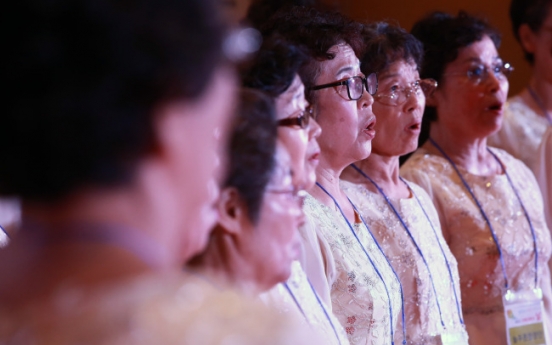
-
More elderly women infected with STDs in Korea
The number of elderly South Korean women who have been infected with sexually transmitted diseases increased significantly from 2010-2014, a report showed Tuesday. The report, published by private think tank Pharmscore, analyzed government data on STD patients who sought help at medical institutions over the last five years. According to the findings, the number of women aged 80 or older who were treated for an STD increased by an average of 21.6 percent yearly from 2010 to 2014, from 662 to 1,4
Social Affairs Sept. 22, 2015
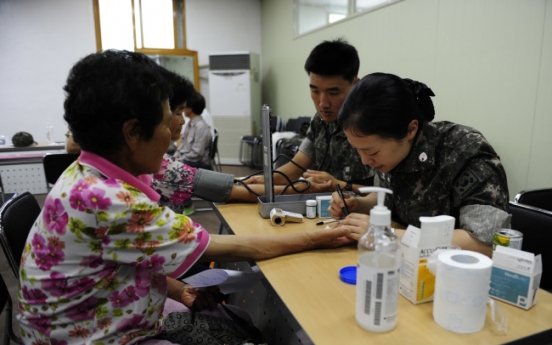
-
Smokers shun nicotine treatment programs in Korea
The Health Ministry’s nicotine treatment programs launched in February have failed to attract smokers despite the government’s antismoking measures including a price hike in cigarettes, a report showed on Monday. In its effort to curb smoking, the Korean parliament last year approved an 80 percent increase in the price of cigarettes, from 2,500 won ($2.13) per pack to 4,500 won. Along with the new bill which took effect on Jan.1, the Health Ministry announced that it would support up to 70 perce
Social Affairs Sept. 21, 2015
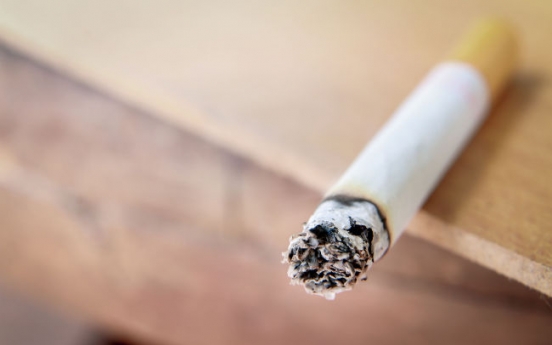
-
Postnatal care center sued over newborns’ TB in S. Korea
A postpartum care center in Seoul has been sued by some 70 parents whose newborns were allegedly exposed to tuberculosis by one of the nurses at the facility. The center, located in Eunpyeong-gu district of Seoul, is where some 120 infants were exposed to the TB virus while staying there from June 4 to Aug. 18. Each baby stayed at the facility for about a week. The nurse, who reportedly infected the infants, was told by her doctor in July that she may be TB-positive after taking a chest X-ray bu
Social Affairs Sept. 20, 2015
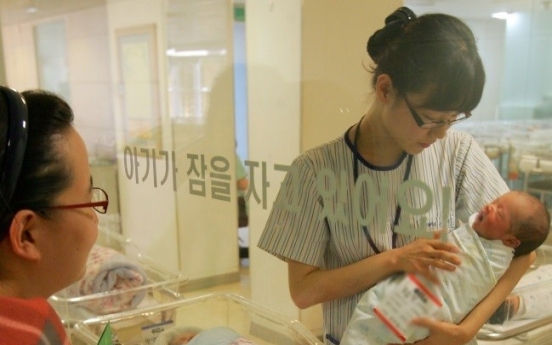
-
Former Korean sex slaves to sue Japan
Aging Korean victims of Japan’s wartime sex slavery have decided to file a lawsuit against Tokyo to seek financial compensation after the Japanese government refused to attend all mediation sessions at a Seoul court over the last two years, the women’s lawyer said Thursday. A total of 12 Korean victims in 2013 filed a mediation request to the Seoul Central District Court, asking Tokyo to pay 100 million won ($86,000) to each woman to compensate for the war atrocities. The court sent Tokyo its re
Latest News Sept. 17, 2015
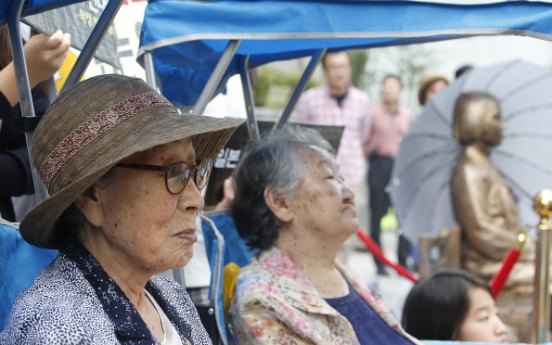
-
Low-income households cut education spending in Korea
Education is slipping down the list of spending priorities for low-income households in South Korea, while high-earning households are spending the largest share of their income to educate thier children, a study showed on Wednesday. According to the study by the Korea Institute for Health and Social Affairs, Korean households that belonged to the wealthiest 20 percent of the population spent an average of 616,965 won ($523) a month to educate their children last year. Households that belonged
Social Affairs Sept. 16, 2015
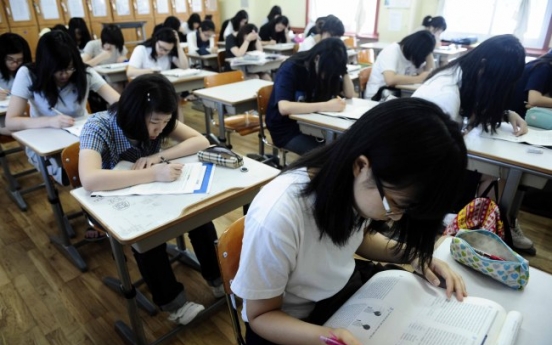
Most Popular
-
1
Qoo10 liquidity crisis sparks massive complaints, fears of wider damage

-
2
Yoon urges municipalities to embrace foreigners

-
3
What is happening at Hybe?

-
4
S. Korea to consent to Japan's Sado mines gaining World Heritage status: official

-
5
Korea unveils tax reform bill to spur economy

-
6
Actor’s excessive airport security sparks probe into human rights violations

-
7
Actor Yoo Ah-in accused of sexual attack

-
8
Man who let his father die due to financial difficulties to be released on parole

-
9
S. Korea, China shifting from tensions to cooperation: Seoul

-
10
LG Electronics achieves record earnings in Q2








![[WEEKENDER] Interpretation beyond words to serve and protect](http://res.heraldm.com/phpwas/restmb_idxmake.php?idx=649&simg=/content/image/2015/10/02/20151002001357_0.jpg&u=20151002175217)


















